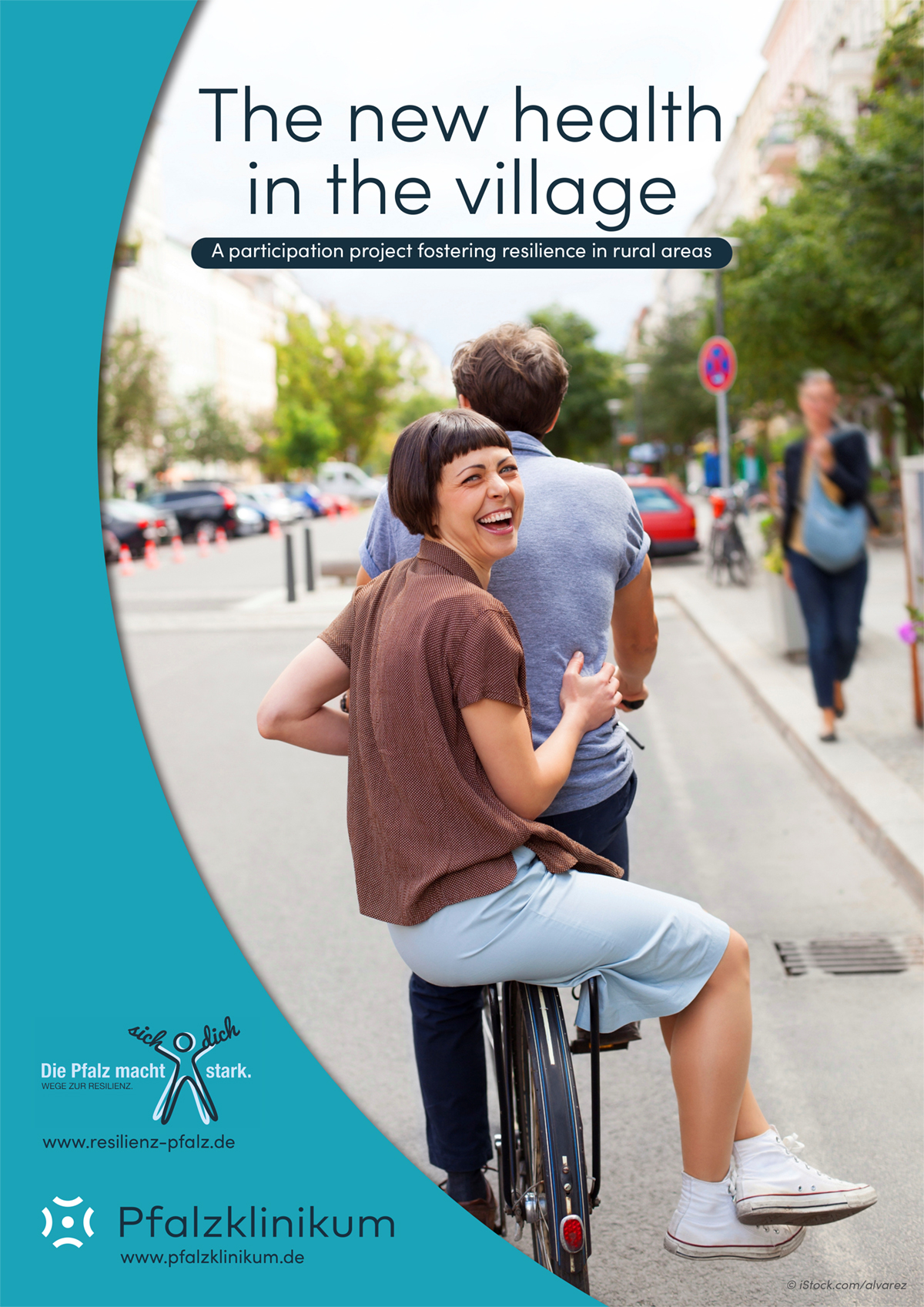Pfalzklinikum, a service provider for mental health in the Rhineland-Palatinate in Southwest Germany with over 2,000 employees in 14 locations, provides an insight into what they call the new health in the village, that is a participation project fostering resilience in rural areas
Mental health service provider Pfalzklinikum details one of their projects that concentrates on the community aspect: “Resilience in rural areas through participation”. Here, Project Leader, Prof Dr Cordula Borbe invites you to get to know the idea of how resilience in communities can be fostered and which steps the process takes to get the public thinking about mental health.
By way of background, Cordula Borbe is a Professor for Social Work at the Nordhausen University of Applied Sciences in Thuringia. Her fascinating research encompasses the exploration of social space, mental health care and resilience. Contact: borbe@hs-nordhausen.de to find out more or visit www.hs-nordhausen.de.
Amongst the many detailed insights revealed, we learn that resilience in rural areas is currently a topical subject looked at and analysed from very different perspectives, yet it arouses particular interest when a process of active civic participation is initiated to identify local resilience factors.
We also learn that the topic of resilience mainly involves the anticipation of impending changes in the social environment, which can concern old-age provision, vacancies because of rural exodus due to migration into urban spaces and infrastructure losses.
The core of resilience is the unshaken belief in the ability to shape one’s own life. As a positive guiding principle, resilience names strengths but also hazards. The concept of resilience creates the connection between crisis awareness and a potential for solution options.
In addition, we find out that health literacy is understood as the ability to inform oneself about the prevention of diseases and the promotion of health in everyday life, to form a view and to make decisions maintaining or improving the quality of life.
This analysis also details an explorative study in the Donnersberg district (Palatinate), which was commissioned by Pfalzklinikum and is carried out by the Nordhausen University of Applied Sciences and the Mainz Catholic University of Applied Sciences using a mixed-method approach. Students and project team members started to familiarise themselves with the municipalities of Rockenhausen in the Donnersberg district in April 2018 by means of 16 social environment inspections, as well as accompanying qualitative interviews.
One insight from this study is that clubs are identified as important driving forces for the community and for health – however, they are said to be endangered due to a shortage of young people. Another is that the fear of a medical emergency is greater than the fear of the impending loss of the regional acute care hospital. Also, a key concern in the public fora is to jointly work out which resilient and health-promoting structures in rural areas are identifiable.
Please do read on to learn more about the many facets and opinions present in this in-depth and revealing study about resilience.


